Sensory Linguistics. Language, Perception And Metaphor.
One of the most fundamental capacities of language is the ability to express what speakers see, hear, feel, taste, and smell. Sensory Linguistics is the interdisciplinary study of how language relates to the senses. This book deals with such foundational questions as: Which semiotic strategies do speakers use to express sensory perceptions? Which perceptions are easier to encode and which are “ineffable”? And what are appropriate methods for studying the sensory aspects of linguistics? After a broad overview of the field, a detailed quantitative corpus-based study of English sensory adjectives and their metaphorical uses is presented. This analysis calls age-old ideas into question, such as the idea that the use of perceptual metaphors is governed by a cognitively motivated “hierarchy of the senses”. Besides making theoretical contributions to cognitive linguistics, this research monograph showcases new empirical methods for studying lexical semantics using contemporary statistical methods.
{{comment.content}}
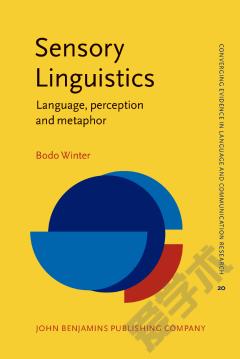
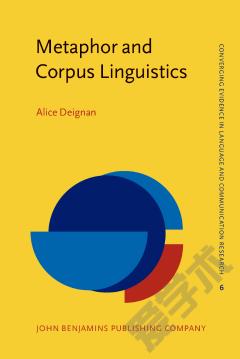
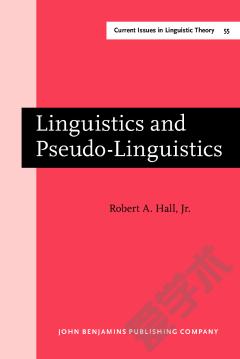
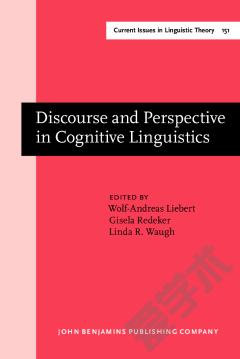
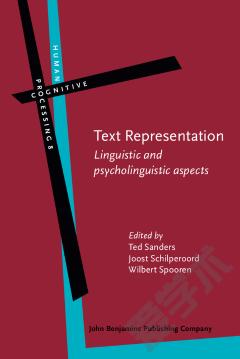
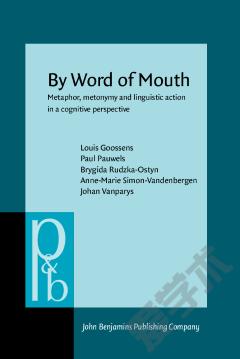
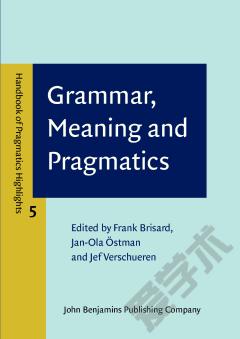

 京公网安备 11010802027623号
京公网安备 11010802027623号